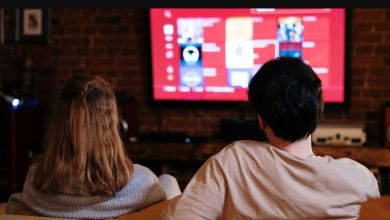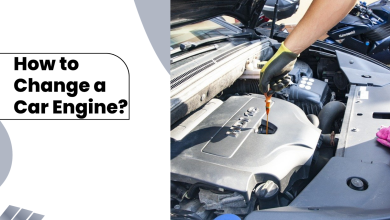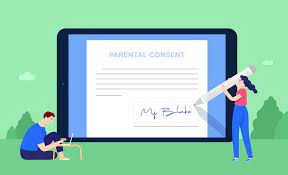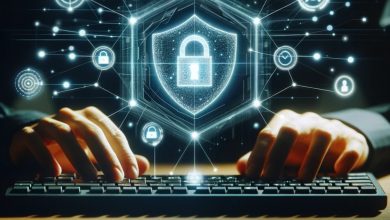Animated Chatbot UX: How Motion Brings Conversations to Life
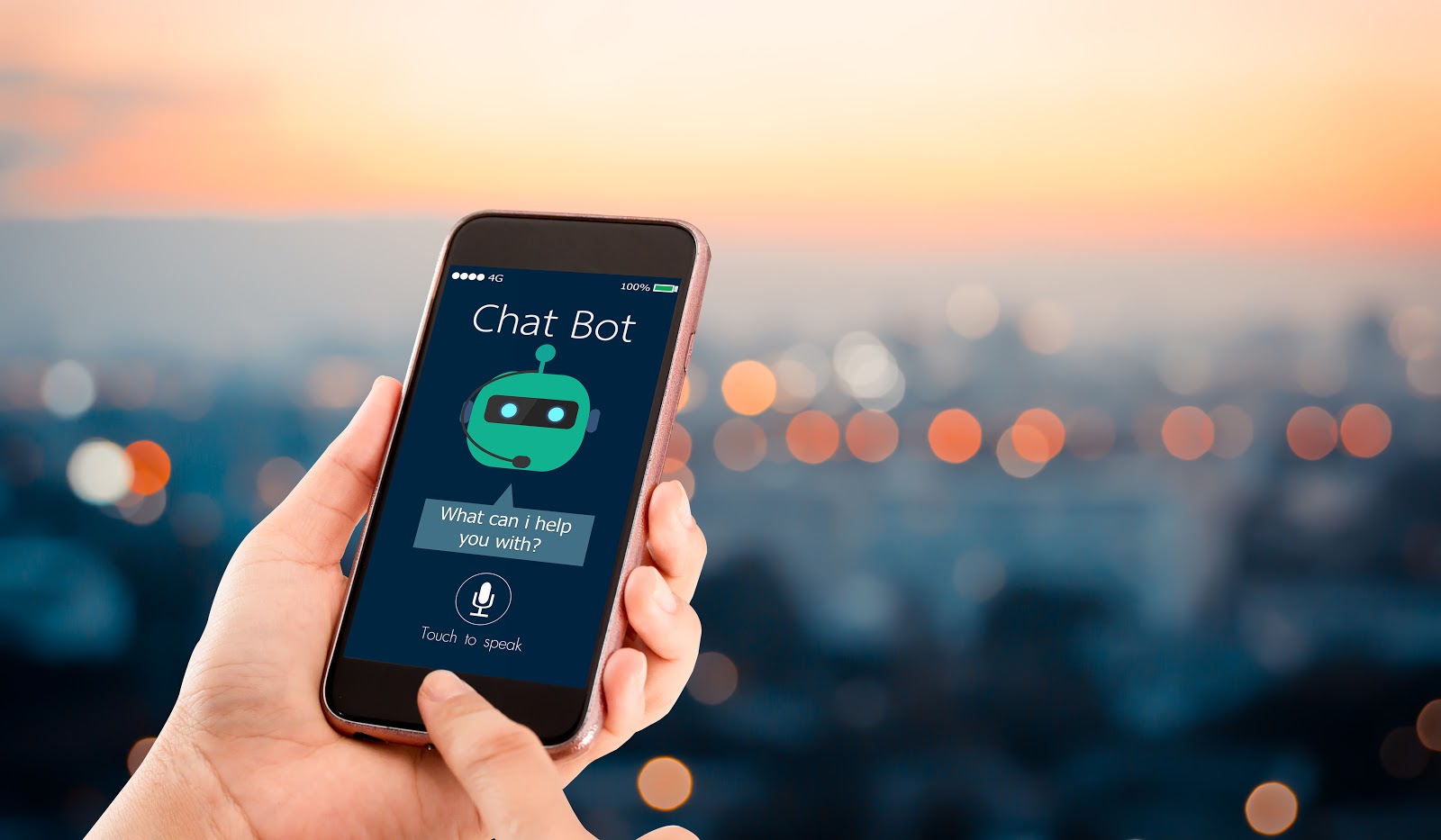
What Is Animated Chatbot UX?
Animated Chatbot UX refers to the use of visual motion—like gestures, facial expressions, and micro-animations—to make chatbot interactions feel more natural and human-like. Instead of displaying plain text responses, animated chatbots add life to the conversation using movement.
Why Animation Matters in Digital Conversations
Humans interpret meaning not just from words but also from cues like eye movement and tone. In digital interactions, animation steps in to fill that gap. It adds personality, makes the bot relatable, and transforms a robotic exchange into a warm, engaging experience.
The Psychology Behind Animation in Chatbots
Human-Like Interaction
People naturally respond better to human-like behavior. Small animations—like nodding or blinking—trigger our brain’s social instincts, making us more willing to interact.
Emotional Engagement
When a chatbot looks excited, empathetic, or curious, users form a deeper emotional connection. This makes the experience enjoyable and memorable.
Building Trust Through Visual Cues
Motion signals honesty and attentiveness. Animations like typing indicators help set expectations and reduce frustration.
Key Components of Animated Chatbot UX
Character Design
Face, Eyes, and Expressions
A chatbot’s eyes and expressions speak louder than words. Blinking, smiling, or looking surprised can convey emotion instantly.
Body Movement and Gestures
Simple gestures—like waving hello or leaning forward—create a welcoming environment. They make the user feel noticed.
Micro-Interactions
Typing Indicators
These show the user that the bot is working on a response, just like a human would.
Loading Animations
Instead of boring spinners, animated icons related to the bot’s personality keep the user engaged.
Response Bubbles
Smooth motion when messages appear feels modern and intuitive.
Benefits of Using Animated Chatbots
Increased User Engagement
Animations keep users hooked. They reduce drop-off rates and encourage longer conversations.
Better Communication Clarity
Visual cues help explain emotions, intent, and tone—something plain text often struggles to do.
Improved Brand Personality
Whether playful, professional, or futuristic, animation lets brands express themselves creatively.
Higher Conversion Rates
Engaged users convert more. Businesses that use animated chatbots often see improved lead capture and sales.
Best Practices for Designing Animated Chatbot UX
Keep It Simple and Natural
Too much motion becomes overwhelming. Animations should be subtle—not distracting.
Use Animation to Support the Message
Every animation should have a purpose: guiding the user, showing emotion, or clarifying intent.
Maintain Accessibility
Avoid flashing graphics and ensure your chatbot is usable for everyone, including people with disabilities.
Ensure Fast Performance
Heavy animations slow down the bot. Optimize files and keep everything lightweight.
Common Mistakes to Avoid
Overusing Animation
Excessive motion feels childish or annoying. Balance is key.
Slow Response Times
If the bot takes too long to animate, users lose trust.
Uncanny Valley Effects
Overly realistic human animations can feel creepy. Aim for a friendly, stylized look.
Types of Animated Chatbot Interfaces
Avatar-Based Chatbots
These use a full character—sometimes 2D, sometimes 3D—to interact with users.
Text-Only Chatbots with Motion Enhancements
Even without avatars, typing bubbles, message transitions, and emoji animations improve UX.
3D and AR Chatbots
Modern chatbots can appear in augmented reality, giving users a futuristic interactive experience.
How Animated Chatbot UX Improves Business Outcomes
Customer Support
Users feel more comfortable interacting with a bot that seems friendly and attentive.
E-commerce Assistance
Animated chatbots help guide shoppers, explain products, and reduce cart abandonment.
Lead Generation
Faster engagement, better rapport, and smoother interactions help collect more qualified leads.
Tools and Platforms for Creating Animated Chatbots
No-Code Chatbot Builders
Platforms like Tidio, Chatfuel, and BotStar allow animation without coding.
Animation & Design Tools
Tools such as Lottie, Adobe Animate, and Blender help create custom motion sequences.
AI & NLP Integration Platforms
Systems like Dialogflow and Rasa bring the intelligence behind the animation.
The Future of Animated Chatbot UX
Hyper-Personalized Interactions
Chatbots will react to a user’s emotions, preferences, and behavior in real time.
Voice + Animation Integration
Combining voice with facial expressions will make digital assistants more human-like.
AI-Driven Emotion Recognition
Bots will soon interpret user emotion and respond with matching animated reactions.
Conclusion
Animated chatbot UX is transforming the way brands communicate online. With expressive motion, micro-interactions, and thoughtful design, chatbots feel more human, engaging, and helpful than ever. As businesses strive to deliver smoother and more personalized digital experiences, animated chatbots are leading the way—making conversations not just functional, but delightful.
FAQs
1. What is animated chatbot UX?
It refers to chatbots that use motion, expressions, and visual cues to enhance user interaction and engagement.
2. Do animated chatbots improve conversions?
Yes, because animation increases engagement and trust, leading to better user actions.
3. Are animated chatbots expensive to develop?
Not necessarily. Many no-code platforms allow simple animations without high costs.
4. Can animation slow down the chatbot?
If poorly optimized, yes. Lightweight files and efficient design keep it fast.
5. Is animation necessary for every chatbot?
No. It depends on your brand and the purpose of the bot.

